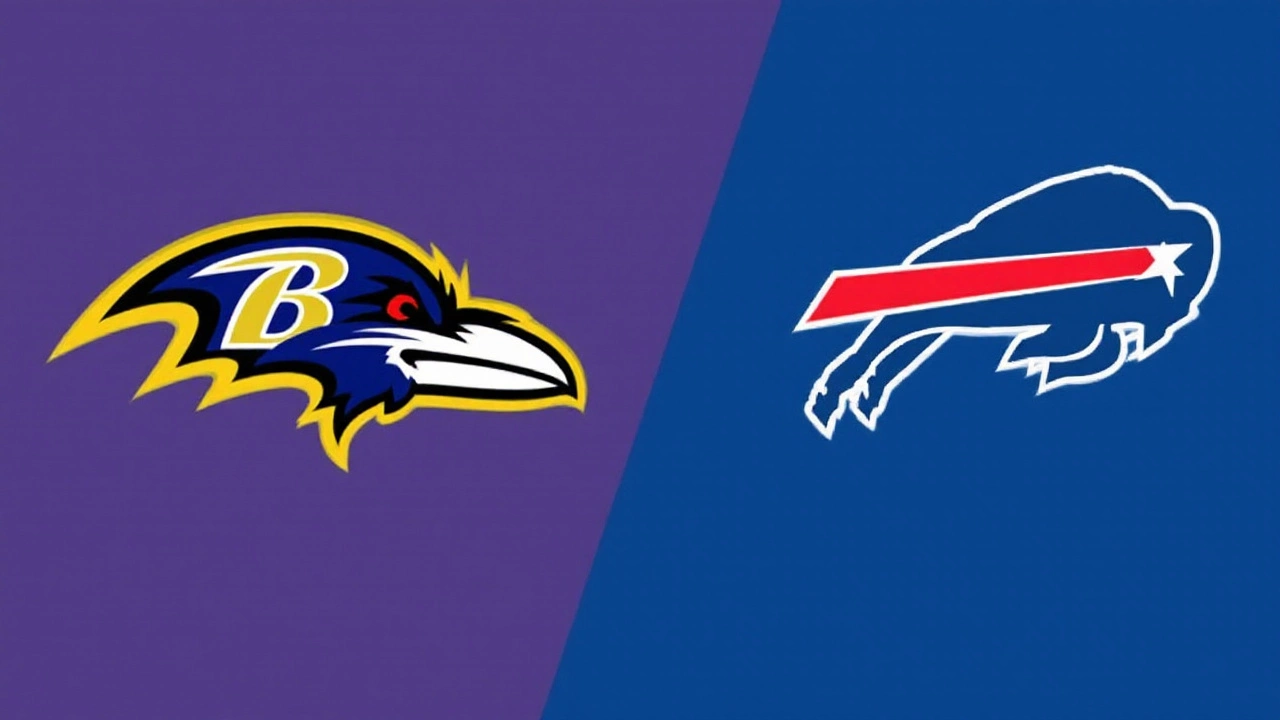NFL season opener – everything you need to know
When talking about the NFL season opener, the first official game of a National Football League regular season that sets the tone for teams and fans alike, you’re really looking at the start of a massive sports calendar. It’s also known as the opening week and kicks off the NFL, the professional American football league that runs for 17 weeks. The opener often lands on a prime‑time broadcast, draws huge TV audiences, and can influence a team’s path toward the Super Bowl. In short, the opener sets the stage for everything that follows.
Why the opener matters for teams and fans
The NFL season opener does more than just start the schedule; it offers a real test of off‑season preparation. Coaches use it to gauge how well new playbooks work under pressure, while rookie players get their first taste of league‑level speed. From a fan perspective, the excitement of seeing a favorite team in a brand‑new jersey, hearing the stadium chant, and catching the first televised highlights makes the opening week a cultural event. This week also ties directly to the bye week strategy—teams often plan to schedule a bye after a tough opening stretch to recover and adjust. The relationship is clear: a strong start can reduce the need for early‑season fixes, while a weak start may force coaches to lean heavily on that mid‑season rest.
Another key connection is between the opener and the league’s broader narrative. Media outlets build storylines around “who’s the early favorite?” and “which rivalry will define the season?” Those narratives shape how the Super Bowl picture evolves. For example, if a contender wins its opening game convincingly, analysts often predict a smoother path to the playoffs. Conversely, an unexpected loss can set up a redemption arc that keeps fans glued to every subsequent game. This cause‑and‑effect chain—opener outcome influencing playoff odds—makes the first week a crucial data point for anyone betting, scrolling, or simply enjoying the sport.
Beyond the big‑screen drama, the opener also affects the logistics of the season. The NFL schedules a handful of “international series” games that sometimes replace a domestic opening clash, extending the league’s global reach. Moreover, the timing of the opener determines when the league can insert a bye week without disrupting the rhythm of competition. The league aims to spread bye weeks evenly, ensuring that no team gets stuck with too many short weeks in a row. This careful planning showcases how the opener, bye weeks, and the eventual Super Bowl are interlocked pieces of a larger puzzle.
Below you’ll find a curated collection of articles that dive deeper into each of these angles. From Tom Brady’s retirement impact to the odds of the Arizona Cardinals clinching Super Bowl 57, the posts explore how the season opener influences everything from player fitness to championship predictions. Whether you’re a student tracking school sports, a parent cheering from the stands, or just a casual fan curious about the NFL’s opening drama, the articles ahead give you practical insights, real‑world examples, and plenty of talking points for the next game night.




